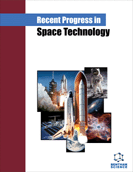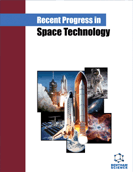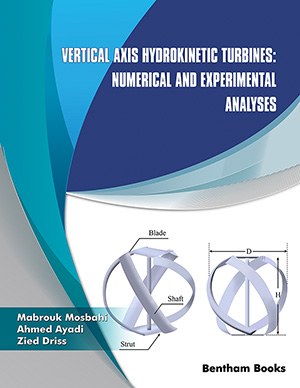Abstract
The discussion in this chapter revolves around the general introduction and
the basic definition of the concepts of automation and control. Automation and control
are closely interrelated fields with the advent of Industry 4.0. Automation deals with
the integration of technologies that can enable systems to carry out tasks without
human intervention or with minimal intervention. On the other hand, control is a
process of monitoring and manipulating the variables of a system in order to achieve
the desired outputs. Hence, an automated system comprises the control system,
information, communication and technology system, actuator, and effective feedback
mechanism. The emergence of Industry 4.0 technologies focuses on improvement in
efficiency, profitability, systems’ flexibility, manufacturing processes, product quality,
cost, and time effectiveness with a significant reduction in manufacturing process
errors. These improvements can be aided by putting in place a system with effective
automation and control. This chapter further explores the differences between
mechanization and automation and draws a correlation between automation and
artificial intelligence. Also, the capabilities underlying the Artificial Intelligence (AI)
technology are highlighted. Furthermore, the classes of automation are explained
including the procedures for automation design. In addition, the merits and demerits of
automation are highlighted and the chapter ends with the automation of production
lines and different work layout configurations. The concept of automation is central to
industrial society and is prevalent in the engineering industries (manufacturing, process
industries, etc.)
Keywords: Artificial Intelligence, Automation, Control, Industry 4.0.

















